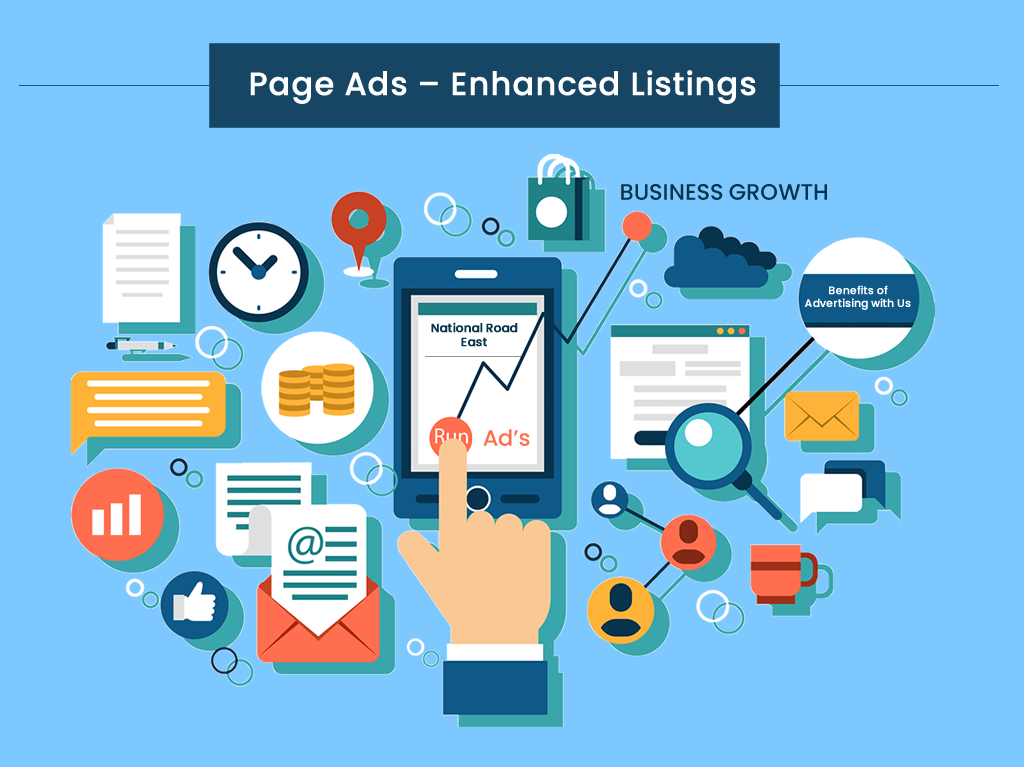Backlinks & SEO: The Ultimate Guide for Increasing Organic Traffic
The Digital Handshake: Why Incoming Links Are the Lifeblood of Your Online Business
In the world of business, we all understand the power of a strong referral. When a trusted colleague or a happy customer recommends your services, it carries immense weight. This “word-of-mouth” marketing is the original, time-tested driver of growth. In today’s digital landscape, that powerful referral has a direct counterpart: the incoming link, more commonly known as a backlink. This is an important part of SEO / Search Engine Optimization.
Many small businesses overlook this, viewing their website as a digital brochure. But to search engines like Google, your website is a node in a vast network. Backlinks are the pathways that connect these nodes, and they are one of the most critical factors in determining your site’s visibility, authority, and ultimately, its ability to attract new customers. This guide will expand on why a strategic approach to backlinks is not just an IT task, but a core business growth strategy.
What Are Backlinks and Why Do They Matter to Google?
An incoming link (or backlink) is a link from another website to your website. Think of it as a citation in a research paper. When a reputable source cites another, it lends credibility to the cited work. Similarly, when an authoritative website links to yours, it sends a powerful signal to search engines.
Google’s algorithm interprets these links as “votes of confidence.” It reasons that if another site is willing to send its audience to your page, your page must contain valuable, relevant, and trustworthy information. This directly impacts your search engine rankings.
Discoverability: Backlinks are how search engine crawlers discover new pages to add to their index. Without any links, your site can be an island, invisible to search engines and potential customers.
Authority & Trust (E-E-A-T): This is the most important factor. Google’s quality guidelines revolve around a concept called E-E-A-T (Experience, Expertise, Authoritativeness, and Trustworthiness). A backlink from a high-quality, relevant site is a direct endorsement of your E-E-A-T. A link from the local Chamber of Commerce, for instance, is a massive trust signal for a local business.
Referral Traffic: Beyond SEO, backlinks drive direct traffic. A link from a popular blog in your industry can send a stream of highly qualified visitors to your site who are already interested in what you offer.
The Partnership Principle: Reciprocal Linking Done Right
The original article correctly identifies a common missed opportunity: reciprocal linking. You and a business partner verbally recommend each other, but you fail to formalize that relationship online. He links to you, but you don’t link back. This isn’t just poor digital etiquette; it’s a strategic blunder.
However, we must approach this with a modern understanding. In the early days of SEO, webmasters would trade links indiscriminately. This led to the creation of “link farms”—pages with hundreds of irrelevant links designed solely to manipulate rankings. Google’s algorithm is now sophisticated enough to penalize such schemes.
The key is relevance and user value. A healthy approach to reciprocal linking is based on genuine business partnerships:
DO: Create a “Partners” or “Recommended Resources” page. If you are a wedding planner, it is perfectly natural and helpful to your users to link to your preferred photographers, florists, and venues, and for them to link back to you. This creates a valuable resource hub for your clients.
DON’T: Engage in a direct, one-for-one link swap with an unrelated website just for the sake of getting a link. The link should make sense in the context of the page it’s on.
DO: When a supplier or complementary business mentions you in a blog post, ask if they can link your business name to your website. Then, find a natural opportunity to do the same for them.
DON’T: Buy links or participate in automated link exchange programs. This is a violation of Google’s guidelines and can lead to a severe ranking penalty.
Failing to link back to a legitimate partner who is linking to you can damage that business relationship. They may eventually remove their link, and you will lose the SEO value and referral traffic it was providing. It’s a double-edged sword that cuts both your business relationship and your organic search visibility.
Building a Powerful Backlink Profile: Beyond Reciprocity
While linking with partners is crucial, a truly robust backlink profile is diverse. Relying solely on reciprocal links is not enough. To expand your reach beyond your local area and establish your brand as an authority, you must actively earn links from various sources.
Here are cost-effective, organic link-building strategies for small businesses:
Local SEO & Citations: Get listed in reputable local directories like your local Chamber of Commerce, the Better Business Bureau (BBB), and industry-specific directories. Ensure your business name, address, and phone number (NAP) are consistent across all listings.
Guest Blogging: Write an article for a well-respected blog in your industry. In your author bio, you will get a valuable backlink to your website. This not only builds a link but also positions you as an expert.
Create Link-Worthy Content: This is the cornerstone of modern SEO. Develop resources on your website that people will want to link to. This could be a comprehensive “how-to” guide, an original research report, a helpful infographic, or a free tool.
Offer Testimonials: Do you use a product or service that has transformed your business? Offer to write a glowing testimonial for their website. In return, they will almost always include a link back to your site with your name and business.
Community Engagement & Digital PR: Sponsor a local charity event, speak at an industry conference, or get quoted in a local news article. These activities often result in high-quality backlinks from news sites and community organizations, which carry immense authority.
Proper SEO: Treat Links as Relationships
As the original article states, many business owners can’t afford to pay for high rankings through constant advertising. The most sustainable and cost-effective path to online relevance is through organic SEO, and backlinks are its currency.
Stop thinking of link building as a technical task for your web designer. Start thinking of it as an extension of your business networking. Every connection you make, every partnership you forge, and every piece of value you provide to your community is an opportunity to build a digital connection. These digital handshakes—these incoming links—are what build trust with search engines and, in turn, drive the organic growth that will keep your business thriving for years to come.






